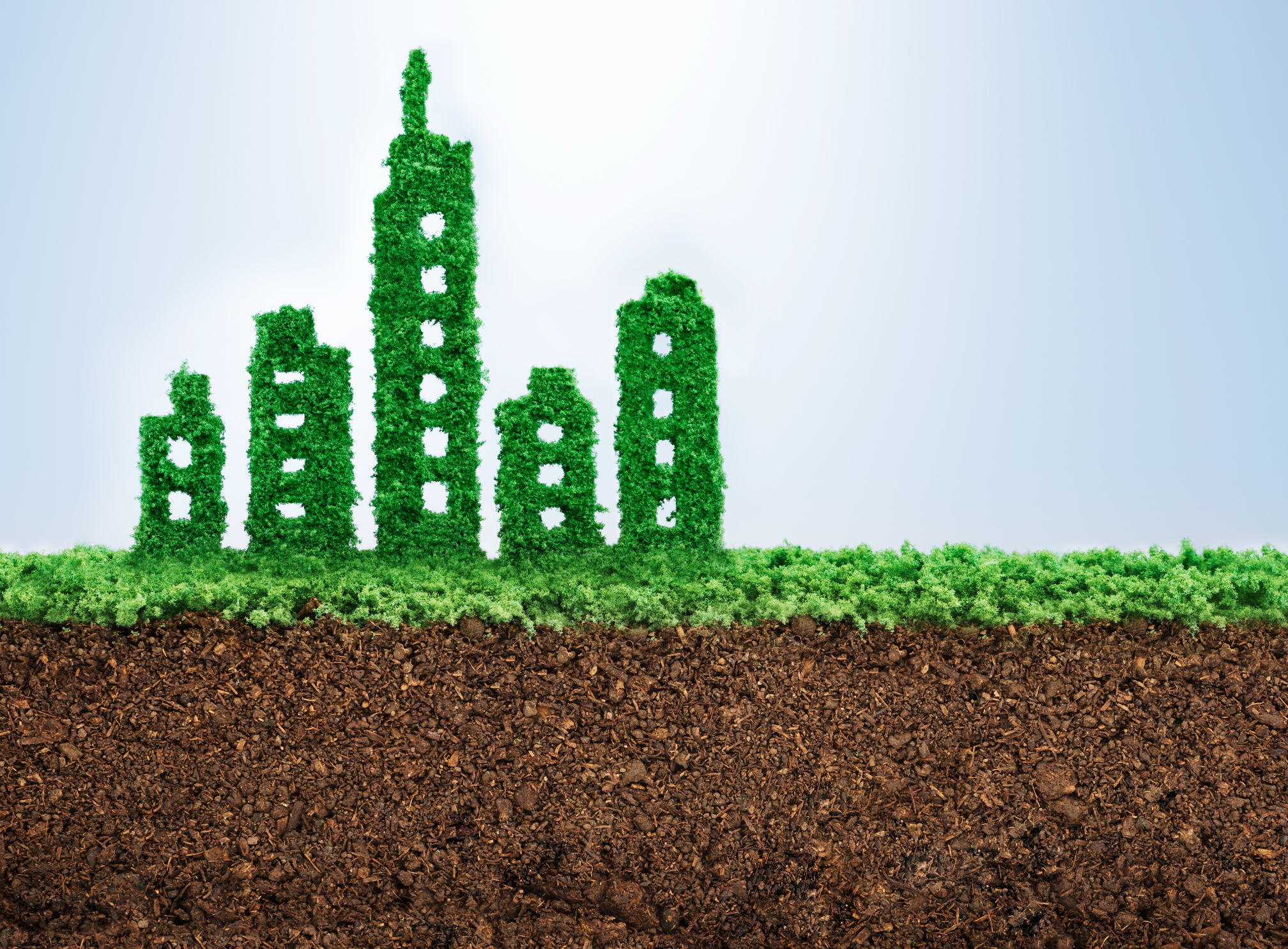
Urban gardening isn’t just about growing tomatoes in a small closet. It’s about understanding the complexity of soil microbes in unconventional spaces and utilizing new methods that make city gardening not only possible, but also incredibly rewarding.
Plants with healthy microbial communities in their root zones tend to grow more vigorously and are better equipped to withstand stressors such as drought, pests, and diseases. In urban environments where plants face challenges like air pollution, heat islands, and limited space, this microbial support system becomes even more crucial.
Urban soil faces unique challenges that rural farmland doesn’t necessarily encounter on a daily basis. You’re dealing with:
Start with Quality Organic Matter
Your soil microbes are essentially composting machines, but they need fuel. Add compost, aged manure, or leaf mold regularly. These organic materials provide the carbon and nutrients that feed your microbial community. In cities like Portland and Seattle, many neighborhoods now offer community composting programs—take advantage of them!
Test and Track Your Progress
Understanding your soil’s microbial health doesn’t have to be guesswork. Modern soil testing technology allows you to monitor microbial biomass and the fungal-to-bacterial ratio right from your balcony or rooftop garden. This data helps you understand whether your soil management practices are actually working.
Minimize Chemical Disruption
Synthetic pesticides and fertilizers can disrupt your carefully cultivated microbial community. Instead, focus on building soil biology through organic amendments and natural pest management strategies. Beneficial soil microbes perform fundamental functions such as nutrient cycling, breaking down crop residues, and stimulating plant growth.
A recent study reported by the NIH reveals an intriguing connection between gardening and human health that goes beyond fresh vegetables and exercise. It found that frequent exposure to environmental microbiota, especially through skin to soil contact, diversifies commensal microbiota, enhances immune modulation, and ultimately lowers the risk of immune-mediated diseases.
As more Americans embrace urban gardening & soil health practices, we’re seeing innovations that make microbial monitoring and management more accessible than ever. Whether you’re growing herbs on a fire escape in Brooklyn or maintaining raised beds in a Phoenix community garden, understanding and nurturing your soil’s microbial community will help you grow healthier plants while potentially benefiting your own well-being.